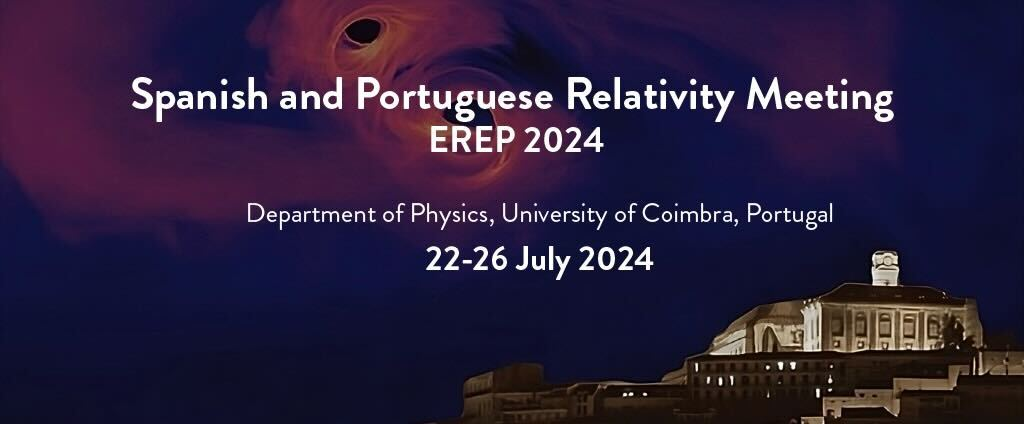Speaker
Description
In the realm of General Relativity (GR) and extended theories of gravity, obtaining solutions for scenarios of physical interest is a highly intricate challenge. By employing the formalism of mathematical perturbation theory within the GR framework, we have developed a systematic method to compare solutions in modified gravity theories with the field equations of GR. Within this context, we demonstrate that, for a significant class of $f(R, R_{\mu\nu}R^{\mu\nu})$ functions in vacuum, solutions in extended fourth-order gravity theories do not yield additional effects beyond those predicted by GR's perturbation theory. However, models characterized by terms of the form $f(R, R_{\mu\nu}R^{\mu\nu}, R_{\mu\nu\sigma\delta}R^{\mu\nu\sigma\delta})$ exhibit distinctive contributions not present in GR. We assert that fundamental limitations exist, explaining why solutions of certain $f(R, R_{\mu\nu}R^{\mu\nu})$ models can deviate from their GR counterparts, indicating non-connected solutions or non-analytic behavior. Conversely, in the models $f(R, R_{\mu\nu}R^{\mu\nu}, R_{\mu\nu\sigma\delta}R^{\mu\nu\sigma\delta})$, the solutions seamlessly connect with those of GR. This distinction highlights the nuanced interplay between higher-order curvature terms and their impact on gravitational dynamics, offering new insights into the landscape of modified gravity theories.
